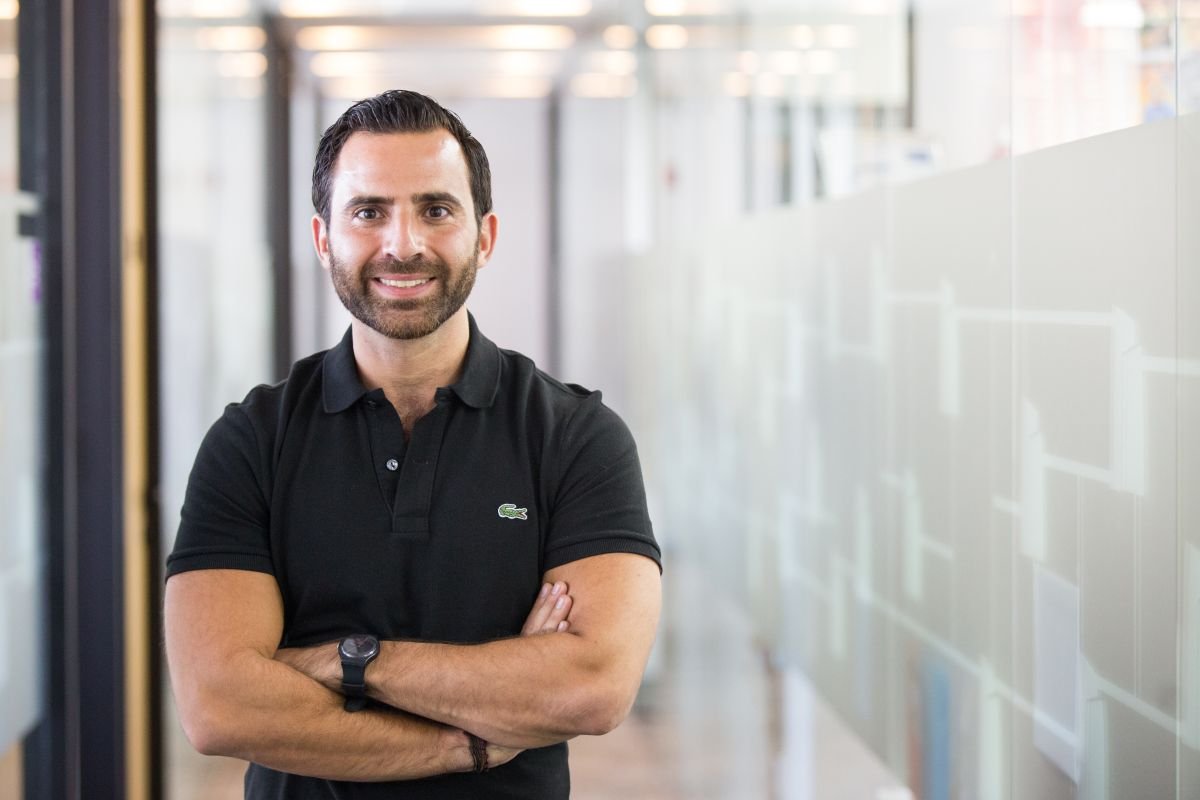
The number of initial investment deals in space in the Middle East and North Africa (Mena) fell sharply by 67% year-on-year in March due to a coronavirus epidemic amid ''2% increase in annual funding. in the first quarter of the year. Startups raised €277 million in the first quarter of this year, up from €271 million a year earlier, with several startups raising large funding rounds in January and February, including Kitopi (€60 million), Vezeeta (€40 million ) and SellAnyCar (€35 million). . According to the region's largest startup data platform, MAGNiTT, the number of investment transactions in the first quarter of this year was 108, down 22% from 138 a year ago. Philip Bahoshy, founder and CEO of MAGNiTT, said the industry is unlikely to see the full impact of Covid-19 on the VC funding space for a few months. “It is very difficult to know exactly what Covid-19 will be like in the next two quarters. We anticipate that investors will seek to support their holding companies that may be challenged; there will be new opportunities that will arise from the situation and investors who have money will invest in the opportunities; valuations are going to have a correction because people will not have high growth rates in this environment like they would before and this, in turn, is an investment opportunity for investors," he said. He added that the second quarter will see a slowdown in all transactions and investments.
![]()
(Image credit: future)
![]()
(Image credit: future)
Questioned profitability
“Some VCs have already raised funds and are looking to deploy capital in the next two months and a lower valuation is good for the ecosystem. The pool of funds may be smaller, but VCs are looking to invest where they can as part of business continuity," Bahoshy said. 2019 was another record year for the region, with the number of transactions increasing by 31 % from 2018 to 564 in 2019, while funding increased 13% to €704 million last year, excluding previous mega-deals in Careem and Souk Uber acquired Careem for €3,1 billion, while Amazon acquired Souk for €580 million Bahoshy said in January that more than €1 billion should be invested in regional startups this year as they look to raise growth capital and also buoyed by government initiatives and matching programs to support start-ups. He said profitability will be tested as people no longer invest as before and "we could see a flattening in the number of deals this year and a decline in the total value of investments." Dubai-based luxury e-commerce platform The Modist closed on April 2 due to the current situation. "It wouldn't be surprising to see some startups and SMEs encounter challenges in their operations and go out of business as a result," he said. Historical data highlights that investment rounds in Mena tend to take an average of six months to materialize, he said, adding that early indications have already shown a slowdown in funding announcements, so startups and investors should reassess. their positions in this area. New environment. In addition, he said that a preliminary survey based on more than 100 startup founders showed that 59% of the founders mentioned that their company had already been affected by the crisis; 48% cited revenue generation as their top concern, 25% said fundraising is the problem keeping them from sleeping at night, while 41% forecast lower-than-expected revenue growth rates in 2020 29.% anticipated revenue lower than 2019 numbers. However, Bahoshy said anecdotal evidence has shown increased appetite by investors in startups that have seen increased activity at the current time, with grocery delivery, health care, e-commerce and electronic technology registering an increase in both customers and investments. "The fundraising business is moving online as startups and investors quickly adapt to the new normal and startups are increasingly looking for other ways to raise funds during the current crisis," he said. he.
